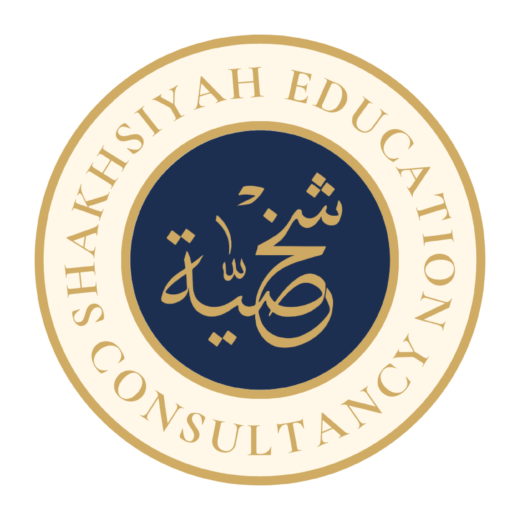IELC is a learning community of Islamic educators (anyone working in or teaching Muslim learners aged from 3-18 years). We have created an online platform designed to facilitate exchange between Islamic scholarship, educational research and Islamic educational settings. We are hosted by Camtree and are a project of Islamic Shakhsiyah Foundation.
IELC supports teachers and educators to engage in reflective practice and conduct their own classroom research inquiries, in order to improve learning. We offer professional development courses, a community of like minded people and regular webinars. We draw on the wider content of Camtree and also provide our own context specific platform and content.
Sign up now to receive our regular newsletter and other updates from Shakhsiyah Education, IELC and Camtree!
Our research exchange platform will enable educators to learn with, from, and on behalf of, like-minded colleagues around the world as they develop research studies and innovations. Educators can draw on online courses, webinars, and expert advice, as well as examples of effective inquiries from other teachers. And, they can share and publish their research in our free-to-access digital library.
Sign up for our courses, selecting the course you would like to take, and completing the registration form.
IELC develops courses for educators to engage with. Our courses on, ‘The Prophetic Pedagogy of Dialogic Halaqah’ have been developed alongside other free courses on Educational Dialogue and a teacher toolkit for educational dialogue (T-SEDA) which is available on the Camtree site.

This course equips Islamic educators with the knowledge and skills to use dialogic halaqah in their classrooms with the aim of developing shakhsiyah Islamiyah (Muslim personhood).

This course explores the dialogic halaqah and its importance; how dialogic moves contribute to shakhsiyah Islamiyah; and how to plan an inquiry into dialogic practice.
All our courses can be taken as self-paced as they are asynchronous. This means that you can work through them at any time that suits you. Each course is divided into six sections or ‘weeks’ with each ‘week’ taking 2 to 3 hours to complete. As the course is self-paced, you do not need to meet any weekly targets but this structure may help you stay on track. If you would like to complete a self paced course contact us at ielc@isfnet.org.uk.
We have found that educators benefit from taking the courses as a group, with a facilitator to support their learning. Your school or school networks may wish to do this. We run our courses throughout the year and you can join a scheduled one or we can run one for your school. Please contact ielc@isfnet.org.uk.
To receive a certificate, you must submit a reflective report that meets our criteria. *This certificate is NOT from the University of Cambridge. It is issued by IELC.
"The course has given me the guidelines and tools to better implement halaqah in a way that gives me confidence to hold more considered discussions and mediate purposefully so that students can lead their own learning."
“The idea of Shakhsiyah Islamiyah connecting to Islam, Iman, and Ihsan, and this in turn correlating to ta’lim, tarbiya and ta’dib was eye opening. The manner in which this theoretical framework was translated into the practice of cumulative dialogue was very impactful on my teaching. I have changed the discussions to more halaqah style discussions and I am very impressed with how well the students respond to this. It feels a natural, organic way of learning and students intuitively respond to this.”
“Course 1A has given me the terminology, sources and confidence to clearly express what it means to build oneself as an individual and how the Quran encourages this. Course 1B has reinforced this but allowed me to take it a step further to help measure the success using research methods, by breaking down the format of the halaqah as well as the language used to engage.”

